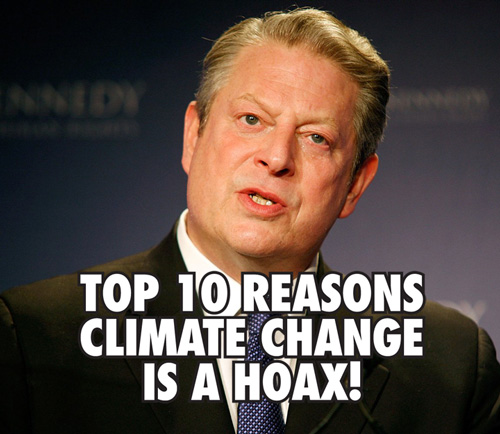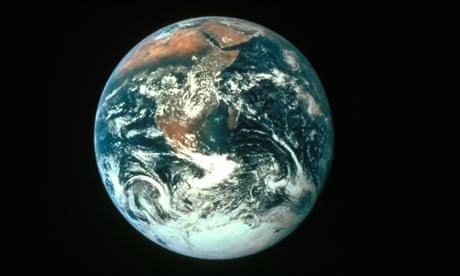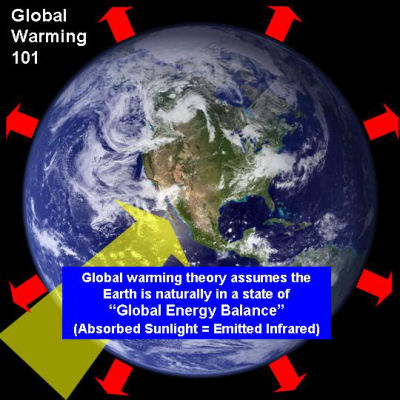https://www.theguardian.com/environ...ace-mass-tourism-sparks-criticism-and-outrage
Climate change
'We need development': Maldives switches focus from climate threat to mass tourism
The new government plans to relocate residents to larger atolls – leaving small islands ripe for development. It says these super resorts, not solar power, will create the money needed to adapt to climate change
John Vidal in Malé
Fri 3 Mar 2017 14.27 GMTLast modified on Wed 14 Feb 2018 17.02 GMT
Shares
952
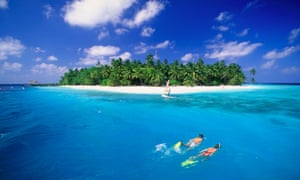
The government plans to increase tourism from 1.3 million people a year to more than seven million within 10 years. Photograph: Alamy Stock Photo
When Mohamed Nasheed, the young, first democratically elected president of the
Maldives,
said in 2008 that he was seeking to buy a new homeland to save his people from being inundated by rising sea levels, it made the country of 1,200 coral islands the moral leader in the UN climate talks and helped persuade rich countries to act.
This week the Maldives, under new president Abdulla Yameen, apparently changed environmental tack, saying that mass tourism and mega-developments rather than solar power and carbon neutrality would enable it to adapt itself to climate change and give its young population hope for the future.
As rumours abound that Yameen has been negotiating to sell an entire atoll with 19 coral islands and dozens of reefs and lagoons to the Saudi royal family for $10bn (£8bn), his ministers outlined plans to geo-engineer artificial islands, relocate populations and attract millions more tourists by creating 50 more resorts.
In a sign of the new times, Saudi king Salman bin Abdulaziz is expected to sign a deal to buy or lease Faafu atoll in the north of the archipelago when he arrives in the Maldives next week with an entourage of 1,000 people. Yameen denied he was planning to sell the islands but praised the development deal. “What is about to happen [to Faafu atoll] is something that would feature the Maldives on the world chart more boldly than anything else,” he said.
Plans for the barely touched paradise could mean Faafu becomes a Riviera-style super-resort with sea sports, six star hotels, high-end housing and several new airports.
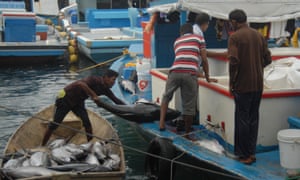 FacebookTwitterPinterest
FacebookTwitterPinterest
The plans could see islands currently occupied by fishermen being handed over to developers. Photograph: Jenny Bates/Jenny Bates for the Guardian
But what happens there may be only the start of the Maldives’ transformation from an Indian ocean backwater with green political ideals to what politicians hope will be a “smart” country with a new capital city, high-tech centres, economic free zones and foreign universities to attract the global elite.
Nearly one in three of the country’s 185 inhabited islands may have to be abandoned with thousands of people relocated to larger islands which can offer schools and health clinics as well as fresh water and waste facilities, said housing minister Mohamed Muizzu.
‘[Development of Faafu] is not selling sovereignty. We hope it is a big investment. We don’t want to move slowly. We want transformational change. We want to bring better living conditions to the whole country over a small period of time,” said Muizzu.
“Relocated families will be offered free houses on larger islands,” he said. “We need a lot of investment to provide all facilities to all islands. It is not sustainable to do this. Some islands have just a few hundred people. It is not feasible to keep them there. A lot of small islands face erosion and ground water contamination. They need sewerage networks and new harbours. The priority will be the capitals of atolls,” he said.
Sign up to the Green Light email to get the planet's most important stories
Read more
But in place of local fishermen living modestly on the palm-fringed coral islands, Muizzi said the newly deserted coral islands could be handed to developers. “Why not use them for tourism?” he said.
Plans to increase tourism from 1.3 million people a year to more than seven million within 10 years were backed by Shiham Adam, director of the government’s Marine Research Centre. “Tourism and resorts may be the saviour of the Maldives. People are investing massive amounts of money. They are not idiots. You can build an island in four weeks with suction dredgers, and put boulders around it in a few more.
“The Maldives needs money to survive. Resorts are very positive for the environment. They offer better protection than community islands because they must protect at least 700m all around them. They become mini marine reserves,” he said.
Fears of immediate sea level rise, which scientists said in the latest IPCC report was accelerating and could mean 75% of the Maldives being under water by 2100, were unfounded, Adam said. “It is not going to happen next year. We have immediate needs. Development must go on, jobs are needed, we have the same aspirations as people in the US or Europe.”
“Climate change is happening but we are not leaving the Maldives to the waves,” said environment minister Thoriq Ibrahim. “We are going nowhere. The dream [of making the Maldives carbon neutral] is over. We are looking to be a low-carbon country.”
“We are seeing weather patterns change. The dry season is longer, there are rainwater shortages. Now we are getting higher winds and waves. There is more salt water intrusion. Farming and fishing is affected.
“But climate change is just one problem we face. The most pressing issues are water and sanitation, waste and coastal protection. Only 31 of the Maldives’ inhabited islands have a proper sewerage system. Only six have a waste system. Now is the time for action, not promises and empty words,” he said.
The government accepts that its plans will increase climate emissions, even without counting the thousands of extra flights that will be needed each year to bring the hoped-for millions of tourists. But it argues that the Maldives only produces 0.003% of global emissions and has the right to develop.
“We want renewable energy but we do not have the physical space for solar. We can go to 30% but above that we need storage. With international help we can reduce our emissions 30% by 2030, but without climate aid only 10%. We must be realistic,” he said.
The plans have outraged the political opposition. The Maldives Democratic Party (MDP), led by former president Rasheed who is now in exile in London, said Yameen was acting without consultation.
“There is outrage. No information on the proposed project has been shared with the public. The plans would allow a foreign power to control one of the country’s 26 atolls. It amounts to creeping colonisation,” it said in a statement.
But the government dismissed the opposition. “A responsible opposition would always support what is good for people,” said Muizzi. “With Nasheed it was a dream. We do not need cabinet meetings under water. We do not need to go anywhere. We need development,” said Ibrahim.
As 2019 begins…
… we’re asking readers to make a new year contribution in support of The Guardian’s independent journalism. More people are reading our independent, investigative reporting than ever but advertising revenues across the media are falling fast. And unlike many news organisations, we haven’t put up a paywall – we want to keep our reporting as open as we can. So you can see why we need to ask for your help.
The Guardian is editorially independent, meaning we set our own agenda. Our journalism is free from commercial bias and not influenced by billionaire owners, politicians or shareholders. No one edits our editor. No one steers our opinion. This is important as it enables us to give a voice to those less heard, challenge the powerful and hold them to account. It’s what makes us different to so many others in the media, at a time when factual, honest reporting is critical.
Please make a new year contribution today to help us deliver the independent journalism the world needs for 2019 and beyond.
Support The Guardian from as little as £1 – and it only takes a minute. Thank you.





